
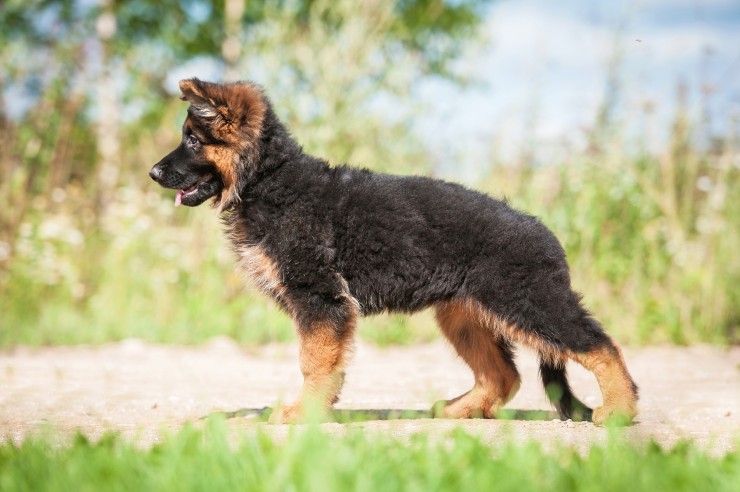
When browsing the offerings for pedigree dogs and puppies available for sale, in order to ensure that you buy a full pedigree dog that is recognised by The Kennel Club, you need to ensure that the puppy is registered with them. This is the only way for a puppy to become recognised by The Kennel Club, in order to be able to show them in Kennel Club breed shows, register any subsequent litters, and ensure that the puppies are formally recognised as pedigree.
However, a reasonable number of adverts for puppies for sale sometimes state that the two parent dogs are full pedigrees that are registered with The Kennel Club, but that the puppies are not registered, and so, not recognised by the organisation.
Understandably, it can be difficult for the potential puppy buyer to understand why a puppy produced from two registered pedigree parents would not automatically be formally registered too-and there are a number of potential reasons behind this.
In this article, we will cover some of the range of reasons behind why some people may breed from two pedigree dogs but subsequently sell unregistered puppies.
First of all, one of the most common reasons behind why someone may be selling puppies who have inherited full pedigree but that are not registered and recognised as such is due to Kennel Club endorsements.
Kennel Club endorsements are restrictions placed on the future use of any dog that can either dictate that their progeny (offspring) are not eligible for Kennel Club registration (even though they inherit full pedigree) or that dogs that are exported abroad cannot be issued with a certificate of pedigree export.
The reasons for why an endorsement may be in place for any given litter can vary, but it is important to note that the breeder of the dog in question instigates an endorsement, not The Kennel Club itself.
This can be done to ensure that a breeder can maintain the desirable traits of their breed lines by only permitting the registration of their chosen puppies, which they consider to be a good example of the breed and that they would be happy to see in show classes or breeding litters of their own.
As not all puppies in any given litter may match up with this goal, the breeder may choose to place an endorsement on the pup, which means that its offspring cannot be registered with The Kennel Club, and so, shown in breed classes, or used to breed registered pedigrees of its own.
This means that a breeder may viably breed puppies that genuinely do have two pedigree parents but keep the pups from being registered, or it may mean that the breeder bought a puppy themselves that had an endorsement in place, and so if they later breed from that puppy, their own offspring cannot be registered either.
If one of the parent dogs is a registered pedigree but the other was either subject to an endorsement or for another reason was not registered, their litter will again consist of puppies that are to all intents and purposes of a pedigree breed line, but that cannot be registered due to the status of one of their parents.
Litters that are registered with The Kennel Club must be bred from pedigree dogs that meet certain criteria, such as the age of the bitch, and that the bitch can only have one litter within a year.
If a mis-mate occurs, and the bitch in question is covered by a pedigree male dog but one of the above reasons means that their litters cannot be registered, this can lead to a situation where the litter is indeed full pedigree, but cannot be registered.
Many professional breeders deliberately and selectively breed to produce show-quality dogs that will gain a reputation in the show ring, and be desirable both as show dogs and for breeding.
Managing a breeding scheme means making decisions on the quality and positive traits of the two parent dogs in question before mating them to produce a litter that possess the desirable characteristics required, so that each generation raises the quality of the breed line.
However, mating even two excellent quality dogs does not guarantee that the puppies will be as good or better than their parents, and even within the same litter, there can be a significant amount of variance in the quality of the puppies.
The breeder may therefore wish to only include some (or none) of the puppies from any given litter in their breeding programmes in future, whether this means that they breed from them themselves, or sell them on to future homes that may also breed them.
This means that the remaining members of the litter will all have two pedigree parents, but if the breeder does not wish those dogs to go on to represent their breed line in future, they can fail to register them and sell them without registration as pet-quality dogs only, keeping only their best quality puppies within their breeding programmes.
It is of course always possible that one (or both) of the parent dogs was not a true pedigree, was not themselves registered, or has questionable lineage; there are a whole range of reasons why any given breeder may not register their puppies, and it is up to the potential puppy buyer to find out more about the seller’s reasoning, and judge the veracity of their explanations on a case by case basis.
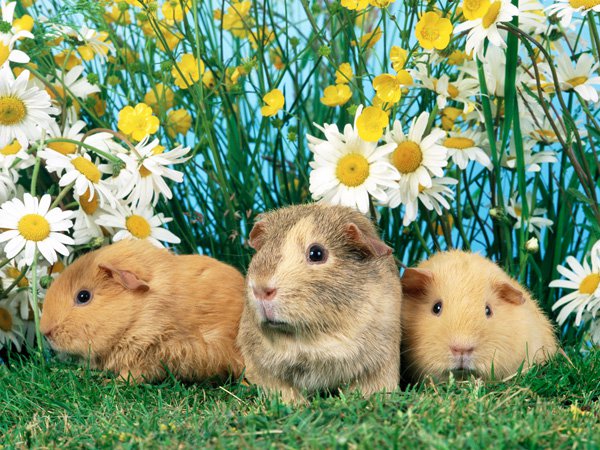 A Guide to Select the Best Vet for Your Adorable Pets
A Guide to Select the Best Vet for Your Adorable Pets
A Guide to Select the Best Vet for Your Adorable Pets
A Guide to Select the Best Vet for Your Adorable Pets
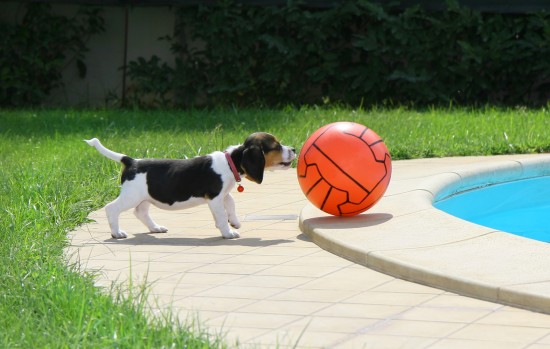 Outdoor Hazards That Can Be A Threat To Your Puppy
Outdoor Hazards T
Outdoor Hazards That Can Be A Threat To Your Puppy
Outdoor Hazards T
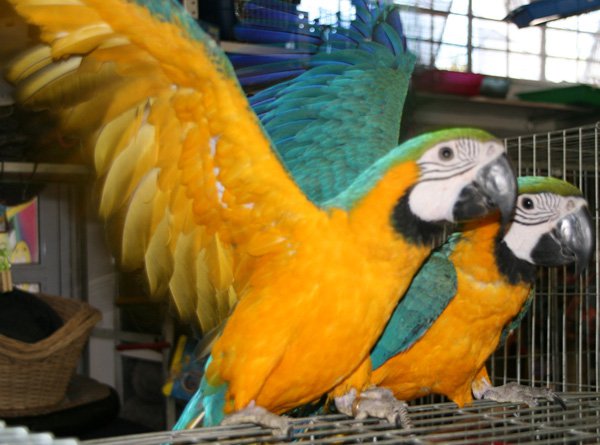 Khamioka Ridgebacks Poole, Strong pups, both playful and hard-working
Khamioka Ridgebacks Poole, Strong pups, both playful and h
Khamioka Ridgebacks Poole, Strong pups, both playful and hard-working
Khamioka Ridgebacks Poole, Strong pups, both playful and h
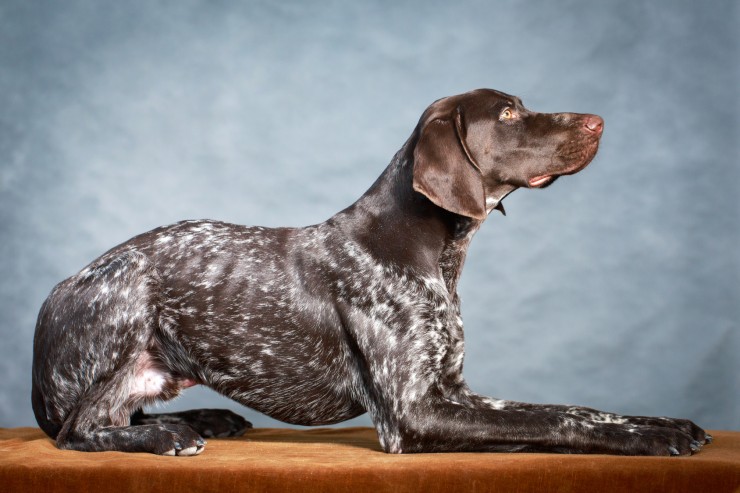 Canine Muscular Dystrophy And Affected Breeds
Canine Muscular D
Canine Muscular Dystrophy And Affected Breeds
Canine Muscular D
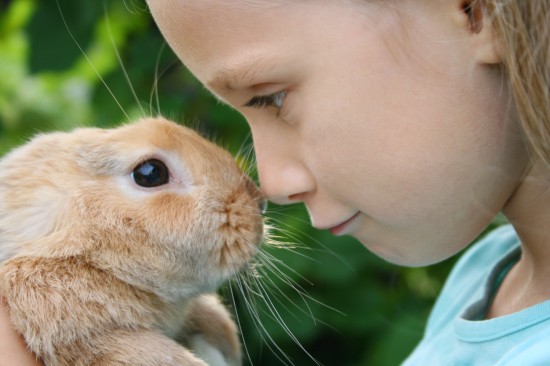 Children & Rabbits
Children & Rabbit
Children & Rabbits
Children & Rabbit
Copyright © 2005-2016 Pet Information All Rights Reserved
Contact us: www162date@outlook.com